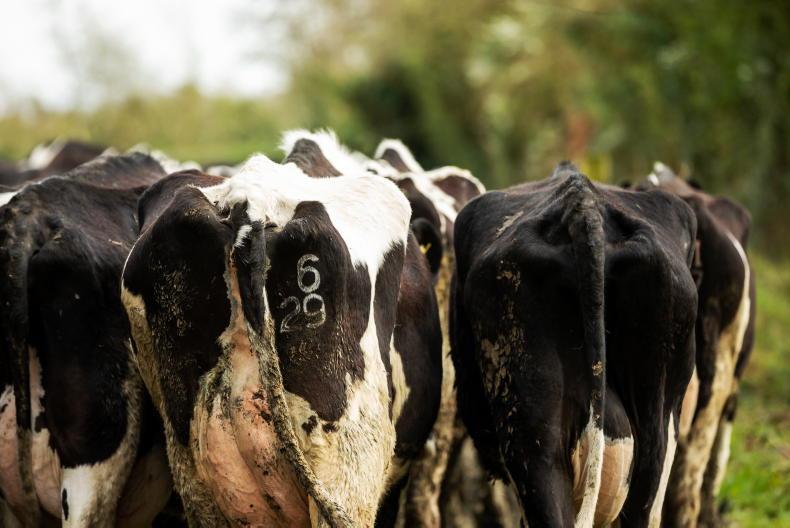The European Commission has granted the green light to two livestock scrappage schemes proposed by the Dutch government to reduce nitrogen emissions from farms, with a budget of almost €1.5bn backing the plans.
If implemented by Holland, the schemes will compensate farmers for voluntarily closing up livestock farms around Natura 2000-designated land, but those who claim payments cannot breed livestock again in the Netherlands or elsewhere in the EU.
The scheme can only proceed if the breeding ban will permanently sterilise farms with a “definitive and irreversible closure of the production capacity” funded.
Entering into the scheme will also prevent any future purchaser or user of a grant-aided exit site from breeding livestock.
Only those who have been farming for more than five continuous years will be eligible for aid under the Dutch schemes.
Schemes
The schemes have been approved to open until 27 February 2028 for “small- and medium-sized livestock farmers” if their farm’s nitrogen emissions exceed certain minimum levels.
Some €500m has been proposed to fund the LBV scheme, which will see direct grants compensating farmers up to the full losses associated with shutting down a dairy, pig or poultry breeding site, in particular relating to the loss of production capacity and of production rights.
Another LBV-plus scheme has been approved to the tune of €975m, which will be open to farmers willing to close “breeding sites” in high nitrogen-emitting areas.
The LBV-plus scheme will open to those farming dairy, pigs, veal and poultry to claim grants to compensate them for up to 120% of lost production capacity and 100% of demolition costs and the loss of their right to produce.
EU compliant
“Under the schemes, the beneficiaries guarantee that the closure of their production capacity is definitive and irreversible and that they will not start the same breeding activity elsewhere in the Netherlands or within the EU,” Brussels noted in its decision.
The Commission's assessment of the schemes stated that the aid “facilitates the closure of certain sites, in favour of the sustainable and environmentally friendly development of livestock farming”.
It found the funds to be “necessary and appropriate to improve the environmental conditions of the targeted areas”.






 This is a subscriber-only article
This is a subscriber-only article










SHARING OPTIONS: